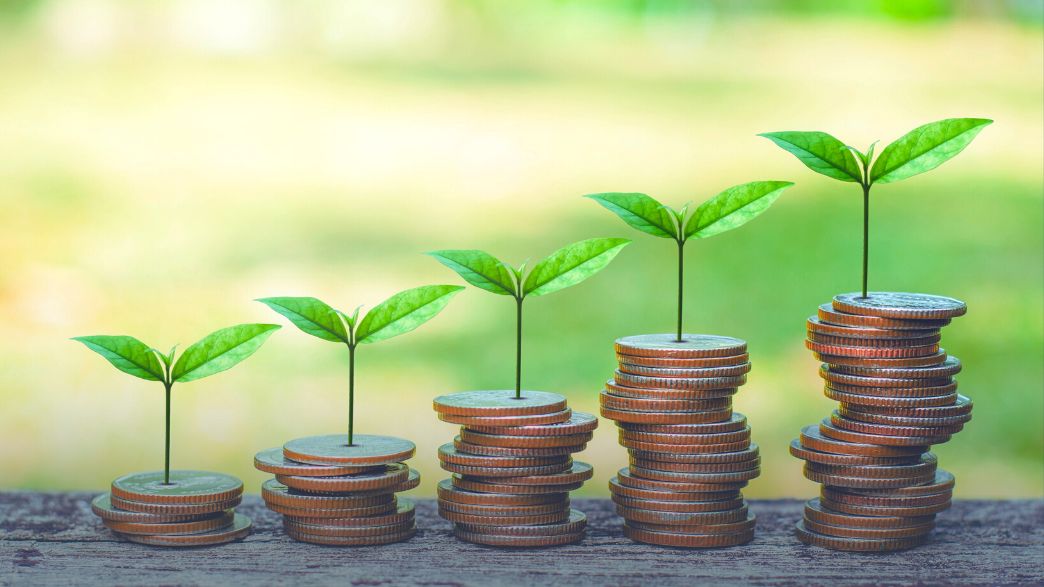To achieve the goals agreed upon at the last COP, Brazil will need to find financial balance and sustainability. ESG is a way to amplify this.
Companies have increasingly sought ESG-oriented actions. The ESG concept is an approach that assesses how a corporation works towards goals for the environment, society and governance. In other words, going beyond profit maximization, other factors are analyzed, which also indirectly influence the company’s financial security.
Going beyond organizations, ESG also permeates the country. After all, it is necessary for the government to find a financial balance to maintain the accounts, but not to compromise on sustainability. Brazil, for example, has committed itself to a methane reduction target by 2030. If it focuses only on achieving the target, the country may become indebted with investments beyond what is possible. On the other hand, by maintaining investments and trying to grow focused on fossil fuels, you will be giving up on keeping agreements with other countries, as well as putting the whole world at risk.
The solution for a financial and sustainable balance focusing on ESG
Companies that provide services to consumers are constantly being asked about their social responsibilities. A survey carried out by the consultancy firm Walk The Talk by La Maison interviewed people from classes A, B and C from the five regions of the country to assess how Brazilian companies are perceived based on their commitment to ESG principles.
The survey showed that 94% of Brazilians expect national companies to do something that addresses ESG, and see this as their obligation. With a country it is no different. Brazil has been constantly charged for a series of factors. First, the country is an international reference for the Amazon Forest and the need to care for and preserve the area.
In addition, the country already invests in clean energy and has a range of opportunities for national and international investors to invest in expanding the use of sources and strengthening the ESG of their companies. One way to expand this is by attracting companies so that there is an increase in investments. Thus, the ESG agenda is a way of organizing, prioritizing and dividing responsibilities.
COP 27 and the climate debt
Although the need for change and adaptation is already clear for many countries, the need for funding for these changes becomes an obstacle. With the rise of catastrophic events linked to climate change, the question is who should foot the bill. Typically, the most polluting countries are the richest nations and the countries that suffer the most are the poorest nations.
For this reason, during COP 27, countries have been trying to reach an agreement to find ways to pay for losses and damages. The proposal defended by the G77, the group of developing countries that includes Brazil and China, tries to establish the creation of a fund to compensate vulnerable countries. That money would come from the more developed nations.
A national example is the BNDES. During COP27, the National Bank for Economic and Social Development (BNDES) launched some climate commitments. The bank aims to achieve carbon neutrality by 2050 in all its operations. The goals are comprehensive, and account for all the bank’s businesses, such as: direct and indirect portfolios, financing and investments. The intention is to consolidate the role of the financial institution as the main agent for promoting the new economy in the country.
If you liked this text, read more about how Brazil can develop a regulated carbon market.

Comment